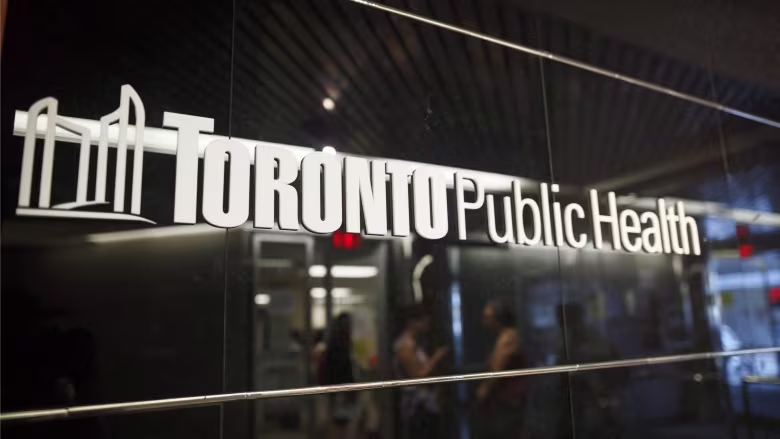
Toronto Public Health cautioned Monday that two powerful synthetic opioids were recently found in the city's unregulated drug supply. (Cole Burston/The Canadian Press)
Toronto health officials have issued a warning following a recent surge in suspected overdose deaths, potentially linked to the presence of potent synthetic opioids in the unregulated drug supply. According to Toronto Public Health (TPH), six fatal suspected overdoses were reported between March 14 and 17, marking a significant increase compared to the average number of fatalities over similar time spans in the past three months.
These overdoses occurred across different areas of the city, highlighting the widespread nature of the issue. The discovery was made through Toronto's Drug Checking Service, a program funded by various levels of government, which identified the presence of two highly potent synthetic opioids known as nitazene opioids in samples obtained from street drugs. One of these opioids is estimated to be around 10 times stronger than fentanyl, a powerful synthetic opioid already known for its potency, while the other is believed to be roughly 20 times stronger.
Moreover, the drug checking service also observed a rise in the prevalence of nitazene compounds in samples that were suspected to contain common opioid drugs such as oxycodone, hydromorphone, hydrocodone, and Percocet. Toronto Public Health expressed concern over this trend, noting that individuals accustomed to using these opioids, as opposed to fentanyl, may be at a heightened risk of overdosing due to their potentially lower tolerance levels.
Given the potency of nitazene opioids, the risk of overdose is significantly increased, necessitating potentially higher doses of naloxone, an opioid overdose-reversal medication, to revive individuals experiencing an overdose. In response to these developments, TPH issued a public advisory urging drug users to adopt harm reduction practices. These include avoiding drug use in isolation, ensuring the availability of naloxone, utilizing supervised consumption sites whenever feasible, and taking advantage of drug checking services to assess the safety of substances.
The emergence of nitazene opioids poses a grave threat to public health, given their extreme potency and the potential for fatal overdoses among individuals who use drugs. In light of these risks, Toronto Public Health emphasizes the importance of proactive measures to mitigate harm and prevent further loss of life within the community.















